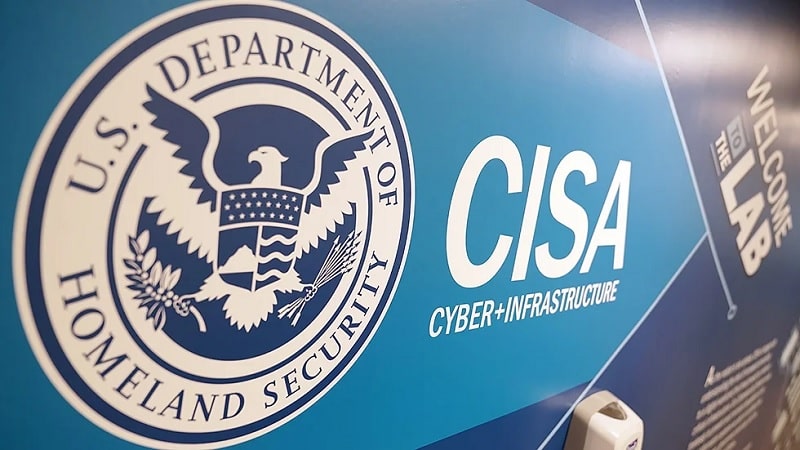
Rep. John Katko, R-N.Y., ranking member of the House Committee on Homeland Security, called for increased funding for the Department of Homeland Security’s (DHS) Cybersecurity and Infrastructure Security Agency (CISA), saying CISA “needs to be a $5 billion agency in the next five years.”
As of this week, the House Appropriations Committee advanced the DHS budget for fiscal year 2022, which includes $2.42 billion in funding for CISA – a 16 percent bump. However, Rep. Katko does not believe this will be enough in the coming years due to recent cyberattacks.
During a full committee hearing on July 15 on the future of DHS, Rep. Katko said cybersecurity is the “pre-eminent national security and homeland security threat” the United States faces today and said investments to CISA are crucial to prevent future cyber and ransomware attacks.
“Now is a time to double down on our CISA investment. With the threat landscape we face, there is no other option,” Rep. Katko said during the hearing. “To fully support CISA’s work, the agency needs sustained, robust funding to carry out its mission and respond to evolving threats. The DHS secretary has acknowledged that CISA needs to be the quarterback of the .gov, and I fully agree, but CISA will be hard-pressed to do so without more substantial funding. To that end, CISA needs to be a $5 billion agency in the next five years.”
Katko went on to say that “it’s dizzying to think about the string of significant cyber incidents” the United States has faced over the last several months and funding is vital to be able to respond quickly to these incidents in the future.
Frank J. Cilluffo, director of the McCrary Institute for Cyber and Critical Infrastructure Security at Auburn University, agreed with Rep. Katko and said he was hopeful the Cyber Response and Recovery Fund would “ensure adequate preparation and funding” to respond to future cyberattacks.
“The department must be calibrated to adapt to the cyber imperative, which will continue to evolve and CISA needs to be provided with the requisite authorities, accountability, and resources to get the job done, especially in relation to our most critical infrastructure,” Cilluffo said.
